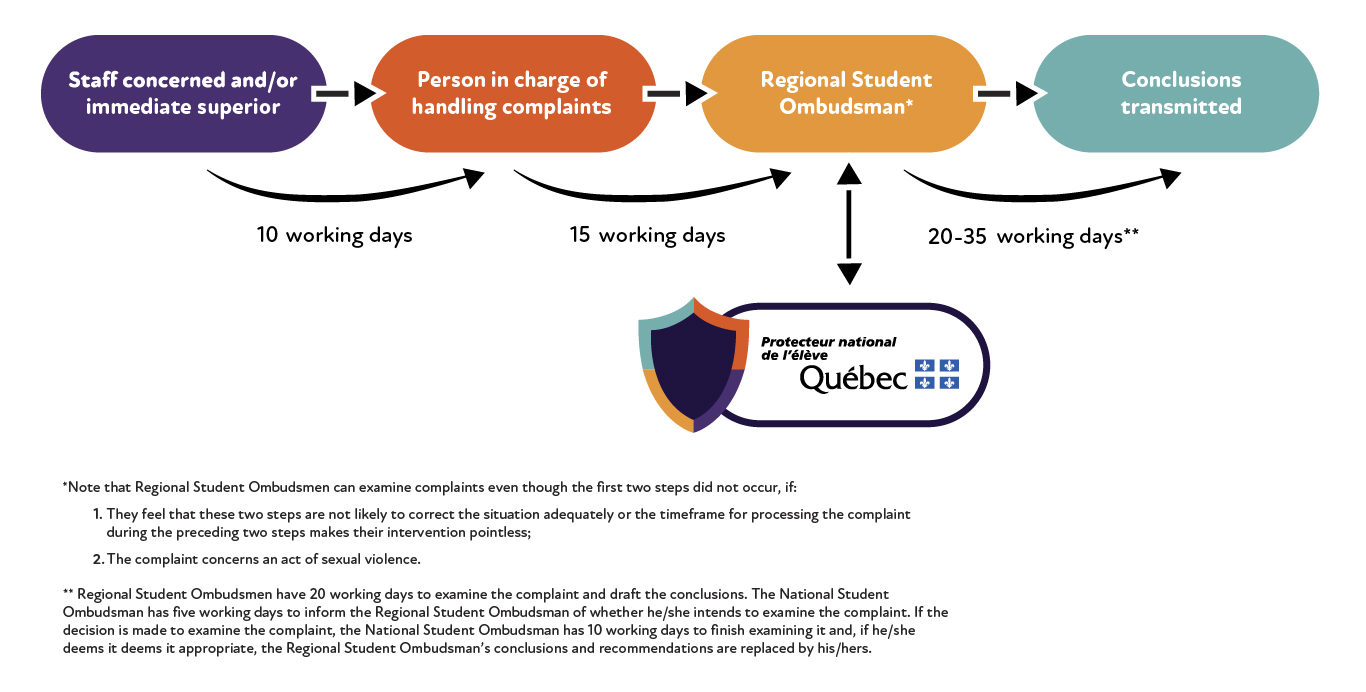When a child is diagnosed with hearing loss, the entire family has to come to terms with the condition. More than 90% of children with hearing loss are born to hearing parents (Mitchell & Karchmer, 2004). As a result, many parents wish to ensure that their child can develop spoken language.
While we know that no single approach can meet the individual needs of all children, studies show that hearing is essential to the development of spoken language (Sloutsky and Napolitano, 2003; Tallal, 2004). The evolution of hearing technology makes it possible to optimize access to sound in children with any degre of hearing loss, from mild to profound. Sound stimulates the auditory areas of the brain, responsible for auditory function. Neuroscience research suggests that if auditory function is not stimulated during the critical period of language learning during the first three years of life, the child’s ability to use the capacity of the brain to hear is significantly diminished (Sharma, Dorman, & Sphar, 2002).
Auditory-verbal education encourages the development of listening skills and is family-centred. It guides parents to become the primary stakeholders in the development of their child’s full potential for listening and spoken language. The fundamentals for this practice are based on the following 10 principles of the Alexander Graham Bell Academy
- Promote early diagnosis of hearing loss in newborns, infants, toddlers, and young children, followed by immediate audiologic management and auditory-verbal therapy.
- Recommend immediate assessment and use of appropriate, state-of-the-art hearing technology to obtain maximum benefits of auditory stimulation.
- Guide and coach parents to help their child use hearing as the primary sensory modality in developing listening and spoken language.
- Guide and coach parents to become the primary facilitators of their child’s listening and spoken language development through active consistent participation in individualized auditory-verbal therapy.
- Guide and coach parents to create environments that support listening for the acquisition of spoken language throughout the child’s daily activities.
- Guide and coach parents to help integrate listening and spoken language into all aspects of the child’s life.
- Guide and coach parents to use natural developmental patterns of audition, speech, language, cognition, and communication.
- Guide and coach parents to help their child self-monitor spoken language through listening.
- Administer ongoing formal and informal diagnostic assessments to develop individualized auditory-verbal treatment plans, to monitor progress and to evaluate the effectiveness of the plans for the child and family.
- Promote education in regular schools with peers who have typical hearing and with appropriate services from early childhood onwards.
Auditory-verbal education is the only practice focused on auditory access and auditory training in order to develop spoken language. It is therefore fair to say that auditory-verbal education is the only method that takes full advantage of the evolution of hearing technology. It enables more and more children with hearing loss to develop listening and language skills. This means that students can be integrated into a regular school environment and can function without the need of an interpreter or the use of sign language (ASL, LSQ, Cued Speech or other).
To learn more, take a look at https://www.hearingfirst.org/lsl.
The Quebec Ministry of Education and the MOSD
The Montreal Oral School for the deaf (MOSD) is a private school in the public interest. It is a member of the private special needs schools network (REPAS) of the FEEP (Fédération des établissements d’enseignement privés) and of the Quebec Association of Independent Schools (QAIS).
Being “private in the public interest”, the MOSD is partly subsidized by the Quebec Ministry of Education. That is why the vast majority of students attending the school are referred by the school service centres and by the English-language school boards of the Greater Montreal area. Referrals can also be done by health professionnals or families. The goal is to achieve successful mainstreaming.
Furthermore, the Quebec Ministry of Education is also committed to the successful integration of children with hearing loss into their neighbourhood schools. To meet this objective, the ministry has granted a supra-regional mandate to the MOSD to support school personnel in all Quebec English language school boards that service students with hearing loss.
